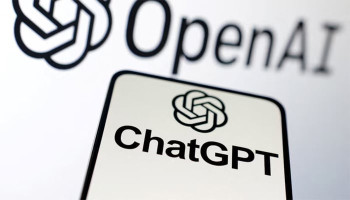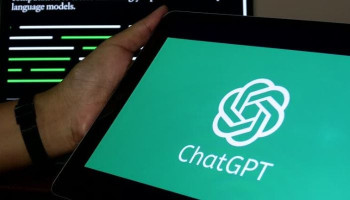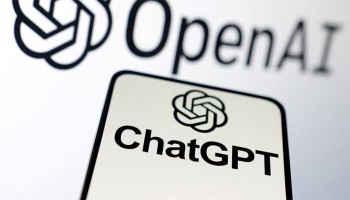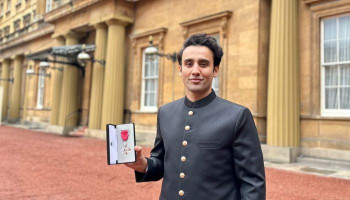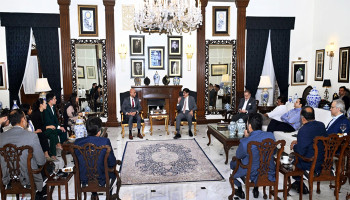
Someone has rightly said that celebrities are eventually ordinary beings after all the fame and glamour, a notion which became crystal clear in a recent Vanity Fair interview where Kim Kardashian disclosed her view about the globally popular artificial intelligence (AI) chatbot ChatGPT.
Kardashian outlined her struggles with OpenAI's most popular AI tool while studying to become a lawyer, describing her relationship with it as “toxic,” admitting that it has led her to fail law exams by providing incorrect information.
The massively popular TV star also explained that she often seeks legal advice from ChatGPT by taking screenshots of her questions, and gets wrong answers most of the time. “I’ll yell at it and be like, ‘You made me fail!’” she lamented.
It must be noted that ChatGPT is known for its tendency to produce hallucinations, generating inaccurate responses instead of acknowledging uncertainty. This issue has led some legal professionals to face sanctions for relying on the AI for preparing legal briefs, as it can reference non-existent or fabricated cases.
Notwithstanding her frustrations, Kardashian also tries to appeal to ChatGPT’s “emotions,” asking it how it feels about her potential failure, followed by the quick realisation that the AI lacks feelings, responding with advice to trust her instincts instead.
Kardashian is also reported to be sharing her experiences with friends, sending them screenshots of her interactions with ChatGPT, expressing disbelief at the responses she receives.
This development underlines the human tendency to engage emotionally with technology, even when the technology is devoid of feelings.





